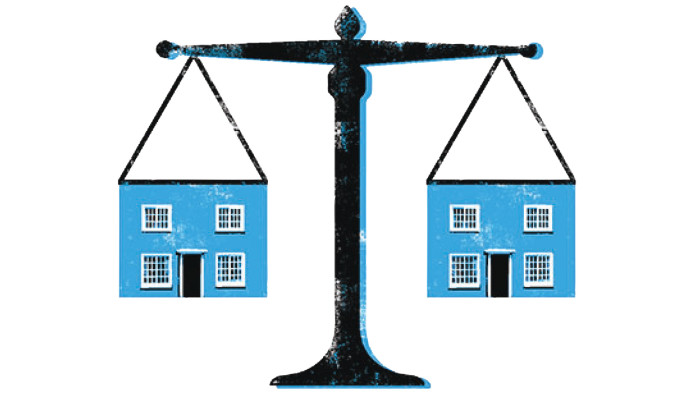The legal lowdown on making a listed home Heathrow-proof

Roula Khalaf, Editor of the FT, selects her favourite stories in this weekly newsletter.
I live near Heathrow airport in a Grade-II listed terrace. The old leaded windows are charming, but they are no defence against aircraft noise and, since the announcement of a third runway, it looks like it may get much worse. Can I install double glazing?
That fact that your home is listed does not necessarily prevent you from carrying out repair or alterations to the property, but listed building consent will be required if the works would interfere with the architectural or historic interest of your home.
How will I know that?
It can be tricky. Windows can have a significant impact on the appearance of a building and even well-meaning replacements can damage the “character” of a listed building. If you intend to go further than an exact “like-for-like” replacement — ie. you plan to change the style, frames, glass or the type of glazing — you will probably need to obtain consent.
How can I get that?
You should first contact your local authority conservation officer who may be able to confirm whether listed building consent is required. This simple step could save you considerable time and money. If consent is required, the conservation officer may also be able to advise on how your proposal might be adapted to make the application more likely to succeed.
I’m tempted to just press on and replace the windows as soon as possible and sort out the consents at a later date. Is that wise?
It is possible to apply for retrospective listed building consent, but I wouldn’t advise this. Carrying out unauthorised works to a listed building is a criminal offence. The maximum penalty is two years’ imprisonment or an unlimited fine and the planning authority can insist that any works carried out without consent are reversed. In addition, if you sell your home, the new owner will almost certainly require details of the consents obtained for any works to the property, and written assurance if no consent was required.

Kate Symons is an associate on the property team at Boodle Hatfield LLP. The legal issues discussed in this column refer to England and Wales and are for illustrative purposes only and should not be considered legal advice
Photograph: Bloomberg
Comments